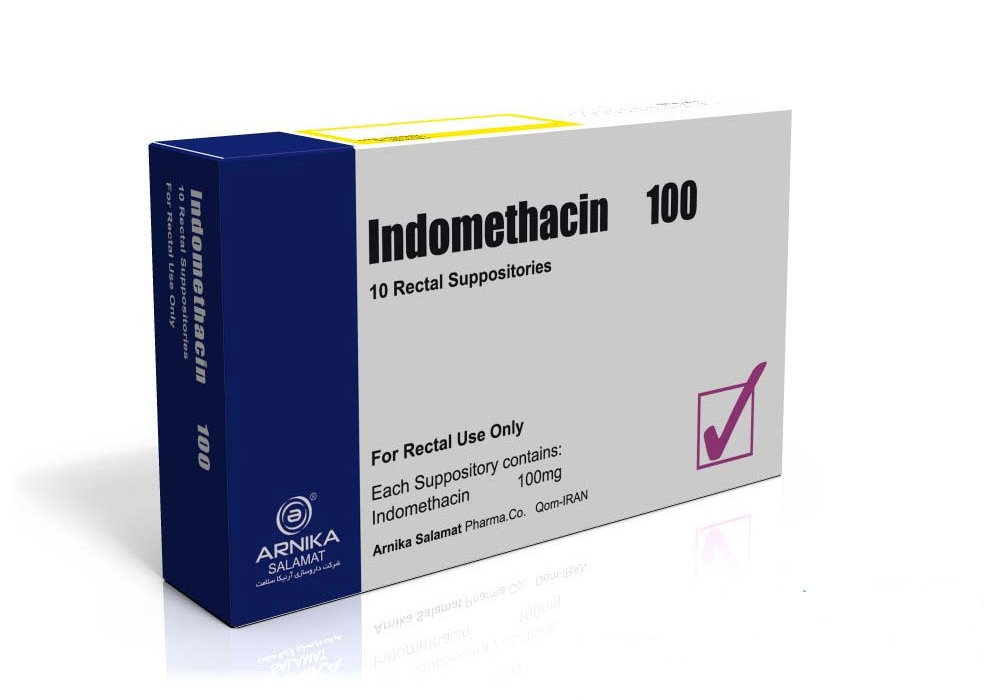
What is lisinopril and how does it help with gout?
Lisinopril is an Angiotensin Converting Enzyme (ACE) inhibitor. It is accustomed to the treatment of hypertension or high blood pressure. It also treats congestive heart failure and increases the rate of survival after a heart attack. Lisinopril will help in the relaxation of veins and arteries, lowering blood pressure. A high blood pressure can cause gout.
Lisinopril prevents the production of angiotensin II; an enzyme-produced substance that narrows blood vessels. Angiotensin II may also increase the hormones that increase one’s blood pressure. ACE inhibitors work to stave off, treat, and/or improve symptoms of metabolic syndrome.
Gout is a health condition mainly linked to diet. Lisinopril for gout treatment will be associated with the risk brought about by metabolic syndrome- a combination of factors that often increase the risk of cardiovascular diseases, inefficient blood pressure management, stroke, renal impairment, and diabetes.
Metabolic syndrome is not directly linked to gout but it may lead to kidney failure. With kidney failure, you are likely to suffer from gout since, excess uric acid is not completely eliminated. If the conditions mentioned are kept at bay, one becomes less prone to gout.
Lisinopril and gout
The administration of lisinopril and gout treatment are closely linked. Lisinopril treats conditions that are associated with increasing the risk of developing gout. This can ultimately decrease the chances of gout outcomes.
Administration of lisinopril
Administration must be as advised by the doctor. Lisinopril should not be used by those who are expecting or lactating, as it may harm the baby. Those who suffer from angioedema must not use this medication as well. If you take medication that contains sacubitril, for example Entresto, do not take lisinopril in the course of 36 hours prior to or after administration.
For diabetics, lisinopril should not be taken alongside medication that has aliskiren- Tekturna, Amturnide, and Tekamlo. If you have a kidney disease, it is not recommended for you to take lisinopril with aliskiren. Do not take lisinopril if you recently took sacubitril (a heart medication) and if you are allergic to the drug or any other ACE inhibitors. Always inform the doctor if you have high potassium levels in your blood.
Dosage of lisinopril
Do not take larger or smaller amounts. Take the medicine alongside plenty of water. Lisinopril may be taken with or without food. During administration, your kidney function and electrolytes may be monitored.
Side effects of lisinopril may include; dizziness, chest pains, vomiting, diarrhea, overly sweating, and dehydration. Avoid alcohol during administration. Besides alcohol increasing the risk of gout development, it may also add to the side effects of lisinopril. Only take salt substitutes or potassium supplements with lisinopril if the doctor has advised so.
Suggested articles:
– 13 Best Home Remedies for Gout – Natural Treatment For Gout
– Top 7 Gout Medication – List of Medicines Used to Treat Gout
– Febuxostat For Gout – Is It A Valuable Remedy?
– Indomethacin And Gout – How Are These Two Linked?
– Prednisone For Gout in 5 Steps – The Ultimate Guide
– Ibuprofen And Gout – Does Ibuprofen Help Gout Attack?
– Aspirin And Gout – Is Aspirin A Good Pain Reliever For Gout?
The Gout Eraser™: The all-natural guide for permanent gout removal
The Gout Eraser™ is a short, to the point guide on how to reverse gout symptoms without ever leaving your home. The guide goes into extensive detail on exactly what you need to do to safely, effectively and permanently get rid of gout, and you are GUARANTEED to see dramatic improvements in days if not hours.
To learn more about The Gout Eraser™ system, check out the following free video presentation: The Gout Eraser™





